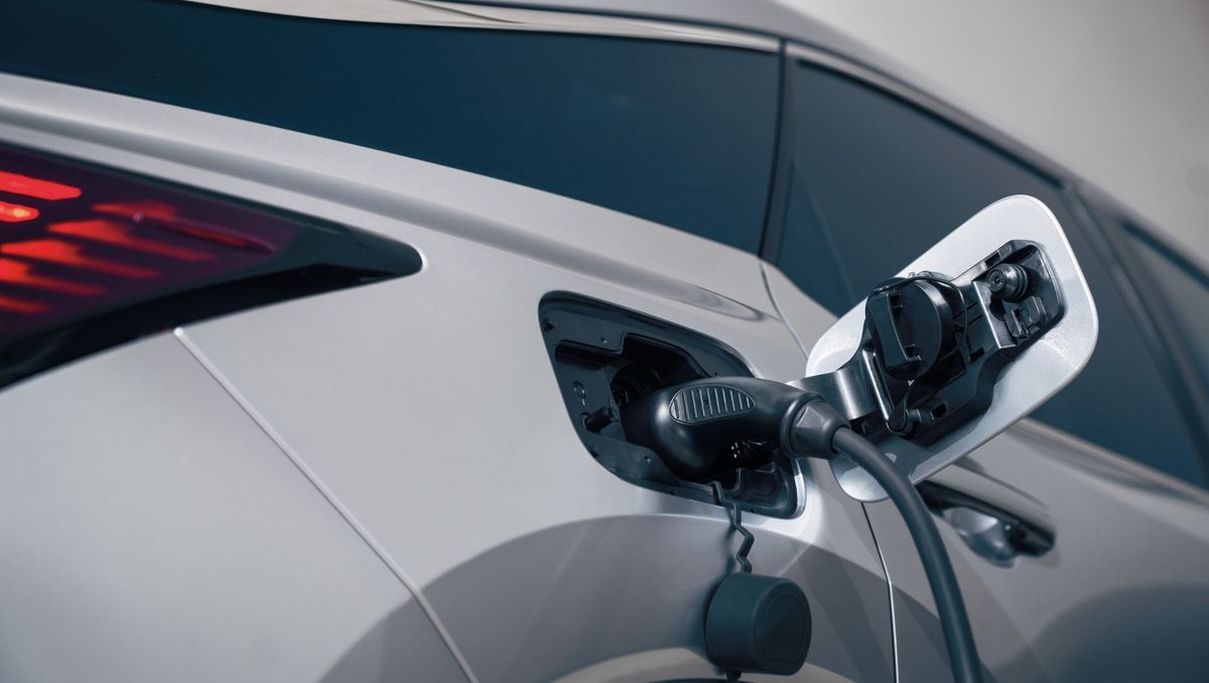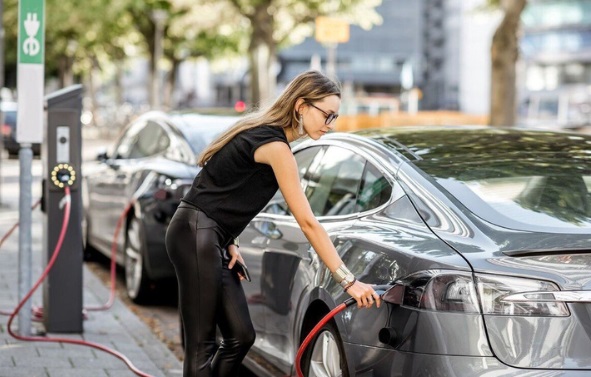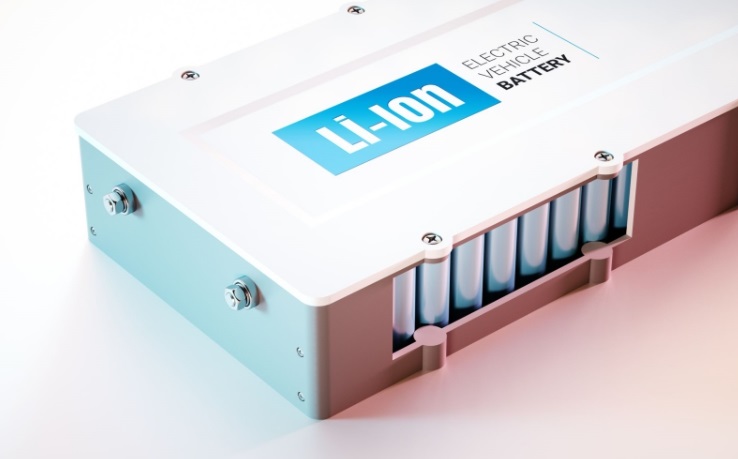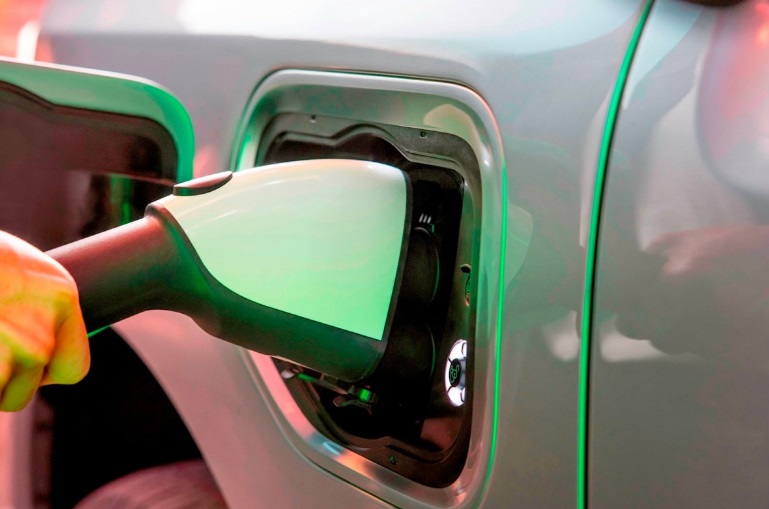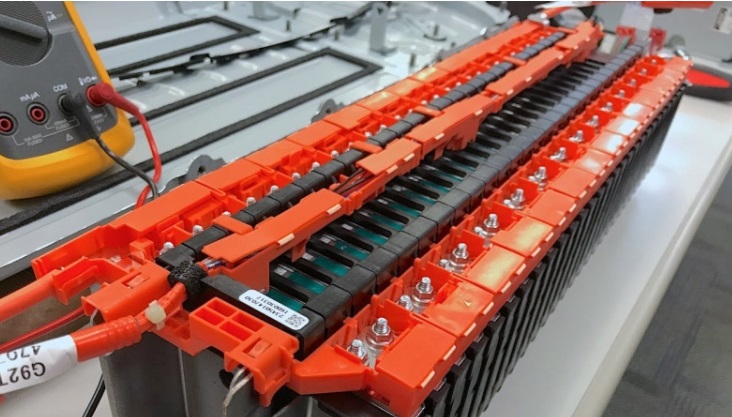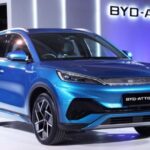Electric car batteries are the heart and soul of all electric vehicles. They are the main power source for the engine and the electronic devices used in the car.
As such, these batteries typically have a large capacity to ensure the car can travel a sufficient distance, meeting the ever-growing demands of consumers.
There are currently many types of batteries used in electric cars, and each comes with its own set of pros and cons.
Here are some of the leading battery technologies currently in use in today’s electric vehicles:
Lithium-ion (Li-on) Batteries
This type of battery is the most commonly used in electric cars, as well as in smartphones and laptops. Lithium-ion batteries have a low self-discharge rate, high energy storage capacity, and are lightweight.
However, they are typically expensive to produce due to their reliance on costly materials such as cobalt.
Over time, the performance of lithium-ion batteries will degrade, which can significantly impact the range of electric vehicles.
Additionally, lithium-ion batteries pose a high risk of fire and explosion. When charging, it is important to follow the recommended charging time, as overcharging can lead to heat generation and increased pressure within the battery, which may cause an explosion.
Lead-Acid Batteries
This is the oldest battery technology and is now mostly used in affordable electric bicycles and motorcycles. Lead-acid batteries are highly stable and safe, performing well under harsh conditions.
However, this technology is quite primitive, and lead-acid batteries do not offer high efficiency. They are relatively heavy, have a low energy density, and perform poorly in cold weather.
The lifespan of these batteries is also short, and their performance degradation over time is a significant drawback that leads to frequent replacements.
Hydrogen Fuel Cell Batteries
Fuel cells are electrochemical cells that convert the chemical energy of a fuel (usually hydrogen) and an oxidizing agent (usually oxygen) into electricity through a redox reaction.
Fuel cells differ from most batteries in that they require a continuous supply of fuel and oxygen (usually from the air) to maintain the chemical reaction, while the chemical energy in batteries is usually stored internally.
One of the main advantages of fuel cells is their environmental friendliness. During operation, they only produce water vapor and do not emit CO2, thus minimizing their impact on the environment.
Hydrogen fuel cell batteries also have a faster refueling time compared to the charging time of lithium-ion batteries.
However, they are expensive due to the use of rare materials such as platinum as catalysts in the reaction process.
As they are a newer development, the number of refueling stations for hydrogen fuel cell vehicles is still limited. Additionally, the storage and transportation of hydrogen require strict safety measures due to its highly flammable nature.
Nickel-Metal Hydride (Ni-MH) Batteries
Ni-MH batteries are commonly used in electric vehicles, especially hybrid models. Their main advantage is durability.
While modern batteries require careful maintenance to extend their lifespan, Ni-MH batteries last a long time if properly maintained. They are also easier to recycle, as they contain fewer toxic substances compared to other battery types. Furthermore, the high nickel content in these batteries makes them profitable for recycling.
The main disadvantage of Ni-MH batteries is their low energy density, which means they cannot store as much energy in the same size or weight as other batteries. This results in shorter driving ranges for electric vehicles.
To achieve the same energy density as Li-ion batteries, Ni-MH batteries need to be larger and heavier, adding to the overall weight of the vehicle.
In hybrid, plug-in hybrid, and electric vehicles, the batteries are required to work extensively while the vehicle is in motion, and this is when some of the drawbacks of Ni-MH batteries become apparent. If Ni-HM batteries are charged quickly and then subjected to a heavy load, they will generate a significant amount of heat. As a result, a separate cooling system may be needed, adding further weight to the vehicle.
TH (Tuoitrethudo)





























